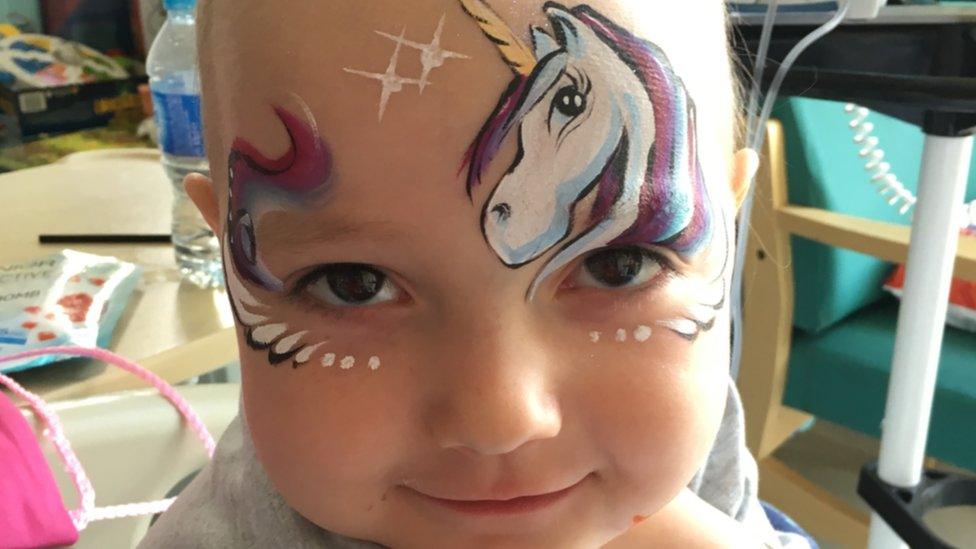NHS Street: Voices from Aneurin Bevan's Tredegar
- Published
The NHS' founding father, Aneurin Bevan, was born and lived in Tredegar, Blaenau Gwent, in a small miner's cottage on Charles Street. Here, on a neighbouring road, three generations of one family and a local doctor tell of their interactions with the NHS and their hopes and fears for its future.
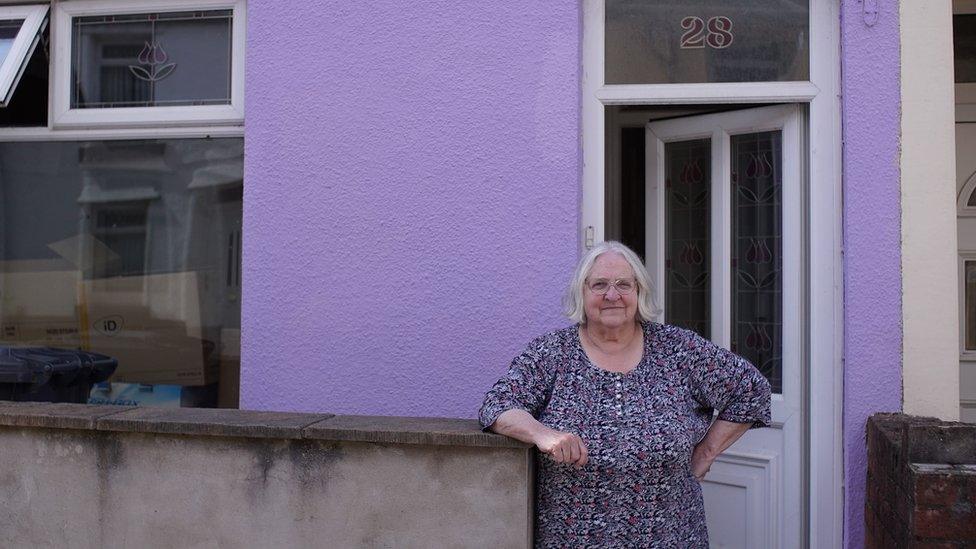
Kay Thomas believes NHS staff need to be paid more
Kay Thomas, 74, has various health problems associated with ageing. She said:
I never go to the GP unless I have to, but I know other people do.
Some just go for the sake of it; they have a cough and think they're dying.
You see people get grumpy and complain to the receptionists. I would lose my rag with them. They are too demanding and not willing to wait.
Of course, I have seen lots of changes in my time.
We used to have the St James hospital, right here in Tredegar.
Now we have to travel 20 miles or so to different hospitals.
It's not that convenient as I can't drive so I rely on family members to take time off work.
But still I am grateful for the care I get and the advancements in treatment.
The NHS is a brilliant service and should never be allowed to die out.
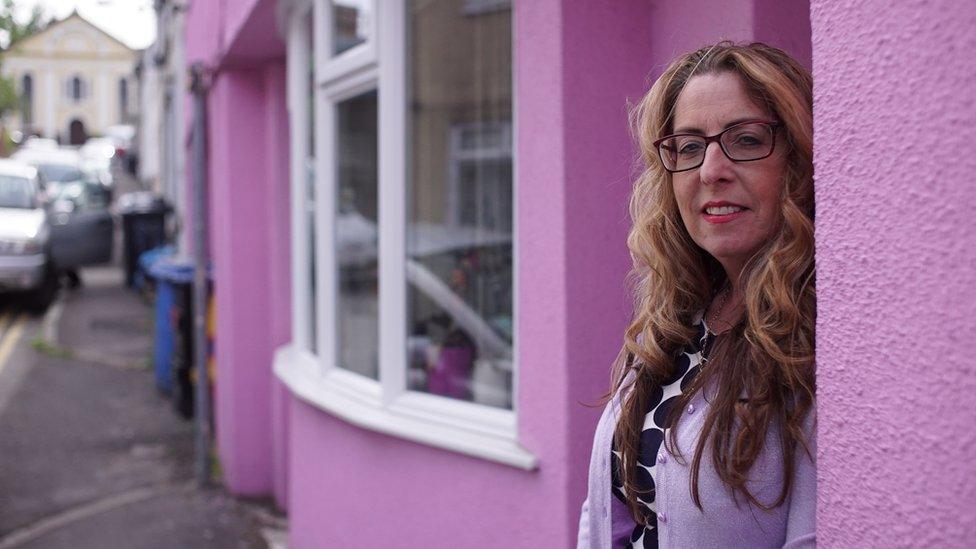
Jacqueline Thomas finds life too busy to visit the GP
Kay's daughter Jacqueline Thomas, 49, is a Tredegar town councillor and works in occupational health. She has asthma and high blood pressure. She said:
People in Tredegar are very proud of the NHS; it started here, with miners and steelworkers giving a penny a week.
But I've noticed things have got less convenient.
You used to be able to get a GP appointment on a Saturday morning in an emergency but that went years ago.
I can't blame the GPs or the NHS - it was a service that was costing too much so it had to be cut.
Now I find you have to phone at 8am if you want an appointment, which is no good when you start work an hour earlier in Newport like myself.
Often I go to the chemist instead and pick stuff up off the shelf; self-diagnosing.
My old GP had known me since I was four.
But he's retired and now I just see the locums who don't know anything about me.
Of course, I know that looking after my health should start at home.
But for the last year, I've not eaten healthy. I get invited to so many events where it's buffet food with sandwiches and cakes which I find hard to resist.
I work too hard as well and would like to be able to go to the gym every day but it's not possible. There are not enough hours in the day.
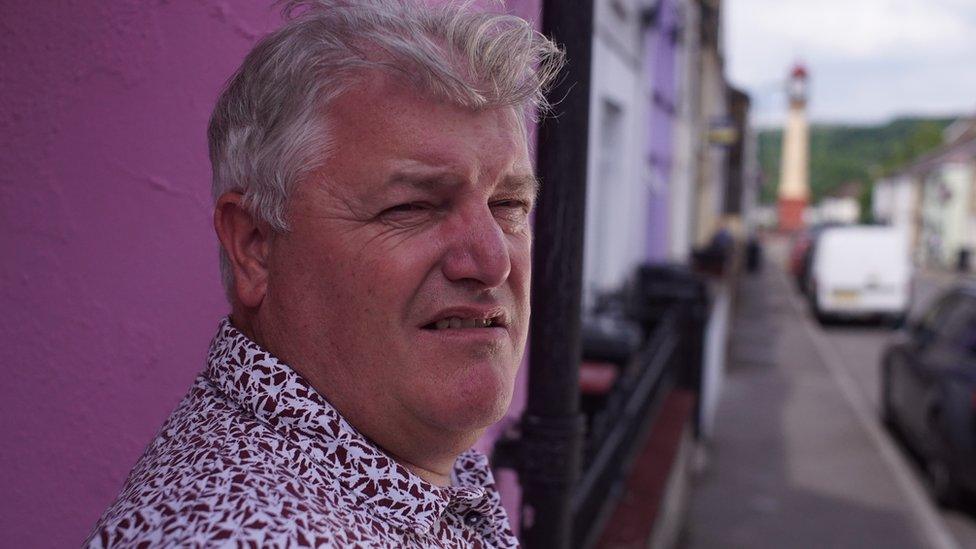
Mark Thomas, 53, believes society is at blame for the rise in obesity
Jacqueline's husband, Mark Thomas, 53, works in the steel industry in Port Talbot, as well as being a trade union representative. He weighs 17 stone and his nickname is Pasty. He said:
From the moment I wake up, I spend a lot of time sat down, either driving or at my desk. I am conscious that I am a lazy person by nature.
I do find it hard to eat the right things and to exercise the way I should. Often it's takeaways or ready meals.
I play golf once a week, but is that enough? No, not really.
I'm aware that some blame overweight people or smokers for being a burden on the NHS.
But I would pin the blame not just on individuals but modern society, of our busy lifestyles and the way food is packaged; it is very hard not to put on weight when even so-called healthy food isn't healthy.
Although I recognise I'm not in the best of shape, my body's not yet telling me I need to do anything about it.
So until I get an ache or a pain, or something happens, I'll just carry on.
I am conscious that one day, I'll need to use the doctor because of my lifestyle.
But I've told people at work that if I drop dead of a heart attack, don't revive me. I don't want to be a burden and if your time is up, it's up.
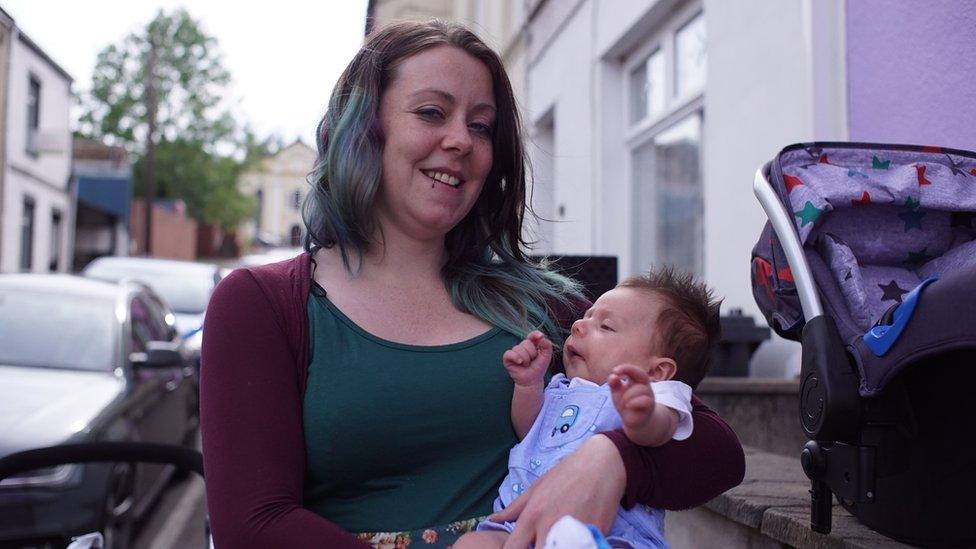
Asheley Thomas, 29, with son Hywel. She works in the NHS and knows the hard work that goes in
Jacqueline's daughter, Asheley Thomas, 29, is a learning disability nurse in the NHS. She has a two-month-old son, Hywel, and is currently on maternity leave. She said:
I had fantastic care during my pregnancy. I could ask my midwife anything and she was so supportive and knowledgeable.
I saw her throughout my pregnancy and a month after as well.
We both had a tear in our eyes when it was time to say goodbye.
To be honest, I've always had good care on the NHS.
I know it can be a nightmare to get an appointment, but there is high demand and Tredegar is increasingly deprived.
There used to be two youth cafes, but now they are gone. Just walking around town, you can see people who don't look well.
Personally, I view the NHS as a vital lifeline.
If we were ever to go down a private insurance route, a lot of people would lose out.
It's also a big employer in this area. I know two paramedics, five other nurses, one doctor and some healthcare assistants.
But having worked in it as a nurse, I also worry about its future.
I hear about budgeting, and the need to cut back.
Learning disabilities has been badly hit but we do manage just about and I get cross when I hear people dragging it down instead of praising it.
If you don't work in it, you don't see what goes on behind the scenes.
I frequently work 14-hour shifts, where I go to the toilet just once and don't eat to be able to fulfil the demands.
Sometimes, I will cry at the end of my shift because I'm so overwhelmed and stressed.
I feel defeated, like I should have done better.
A lot of nurses and healthcare assistants feel like this, but we have done our best.
I just think the NHS needs more investment and fewer targets, and then it could thrive.
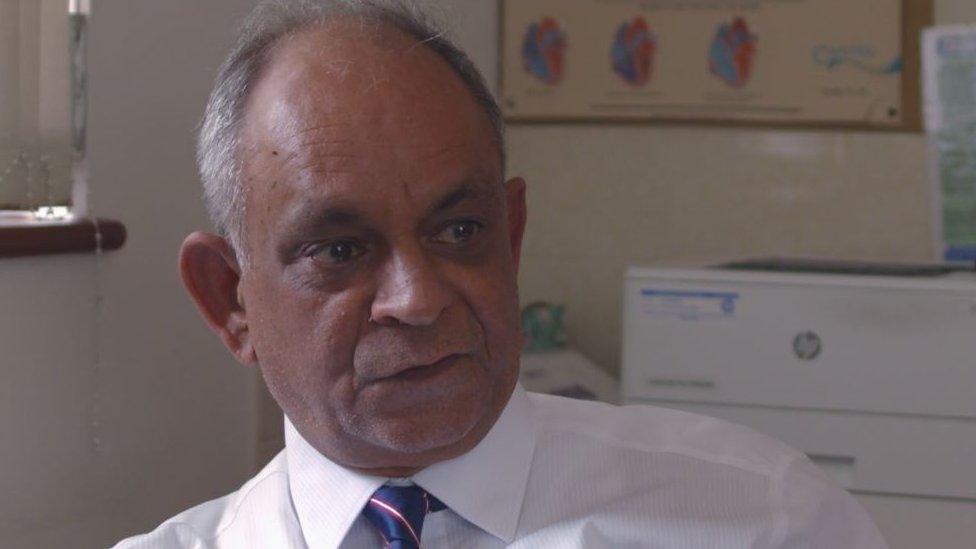
Dr Syal, of Glan Yr Afon surgery, believes patients should take better care of themselves
Dr Krishan Syal, 69, is a GP and partner of Glan Yr Afon Surgery, which covers Tredegar. He said:
I will be 70-years-old in August but am still working full time.
I want to go part-time but my business partner and I haven't been able to recruit new partners for the past four years.
I feel like I have to stay to maintain practice stability.
GP retention is not just an issue in Tredegar; it is nationwide.
People don't want the job as it comes with too much pressure and responsibility.
We can only realistically see so many patients in a day, yet we also cannot restrict numbers as we are the first point of contact and have a duty of care.
Patient safety can't be compromised, but we are seeing patients with very complex needs and a ten-minute consultation is often not enough.
People also have to start looking after their own health, with a greater input from public health bodies.
People are overweight, and still smoke.
They need to know how to live healthily, eat healthily, not to put on weight or smoke, reduce their alcohol consumption and exercise.
Pilot projects are often started to help this, but after the pilot is done, the money runs out and then it's finished.
The current situation seems unsustainable to me.
We need to recruit more GPs and make the workload more sustainable, otherwise increasing numbers will be leaving from the stress and physical strain.
Having said this, I do believe the NHS has got a bright future. We don't know anything different, so we have to do our best.
The NHS: Fit For Purpose? airs at 10:40 BST on Wednesday, 4 July on BBC1 Wales.
- Published1 July 2018
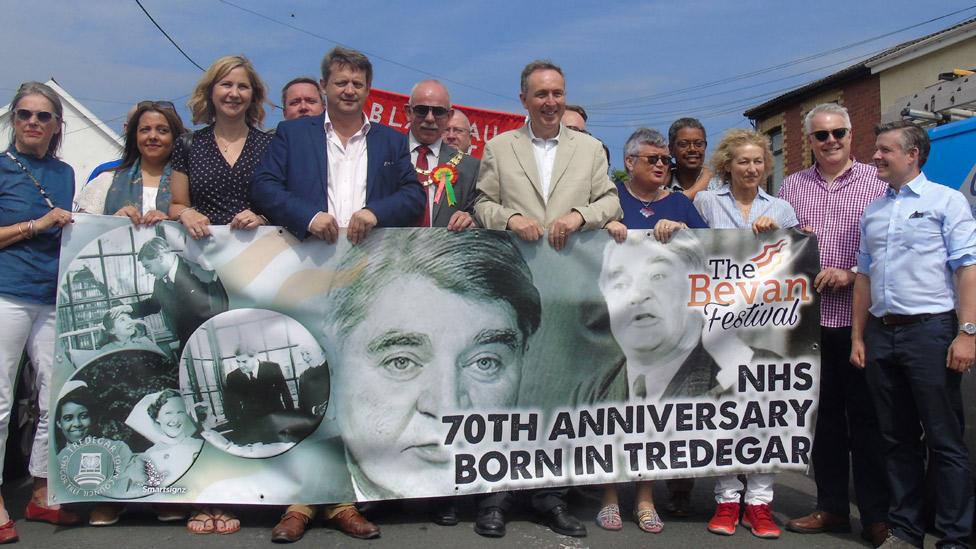
- Published2 July 2018

- Published2 July 2018
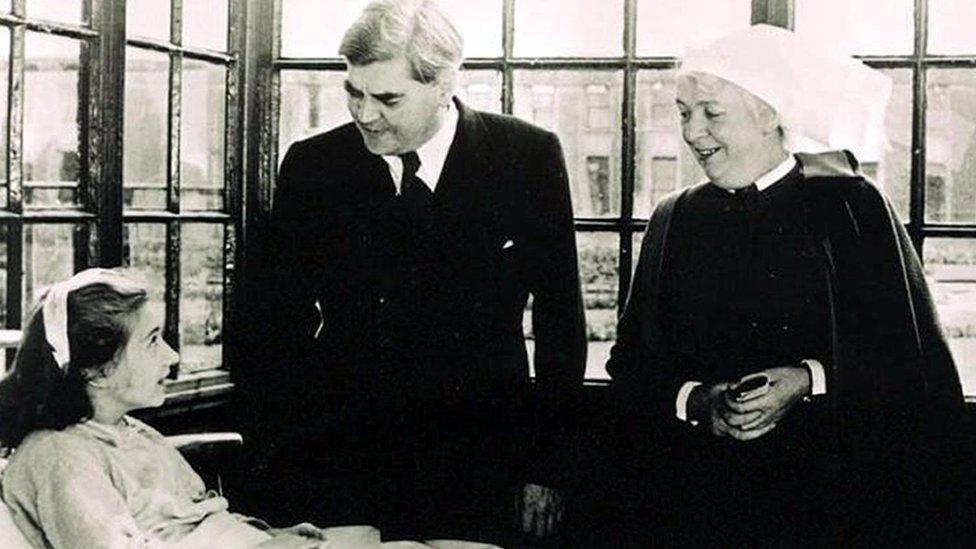
- Published26 June 2018

- Published19 June 2018
